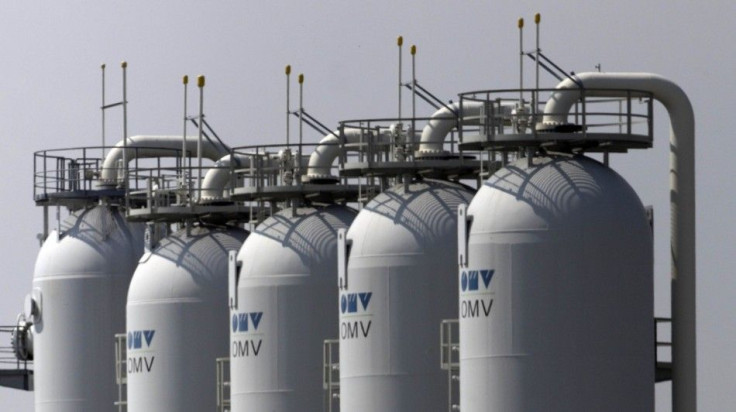Canada Launches World's First Waste-to-Biofuels and Chemicals Facility

A Canadian company has launched the world's first full-scale municipal waste-to-biofuels and chemicals facility.
Owned by Quebec company Enerkem, the new plant will convert trash diverted from the city's landfill into biofuels and chemicals. The pioneering facility will have a production capacity of up to 38 million litres per year and will help the City of Edmonton increase its residential waste diversion rate to 90 per cent, Enerkem said.
Enerkem will handle the plant's operations. The city, meantime, will supply 100,000 tonnes per year of sorted municipal waste identified as no longer can be composted or recycled.
"Our breakthrough technology uses garbage instead of fossil sources for the production of chemicals and liquid transportation fuels," Vincent Chornet, President and CEO of Enerkem, said in a statement.
"We break down the waste using heat and convert it into a gas that is as clean as natural gas. Then we convert the gas to liquid methanol, and all that happens in three minutes."
Robin Campbell, Minister of Environment and Sustainable Resource Development, and Government House Leader for the Government of Alberta, said the facility provides clear environmental benefits as it converts waste into value-added products.
"This is another great example of Alberta innovation at work, helping to diversify our economy through new, leading-edge technology."
Edmonton Mayor Don Iveson said the plant, coupled with the already existing recycling and composting programs of the city, will keep all of Edmonton's waste out of the landfill two years from now.
"Here we are with one of the last pieces of the puzzle to get us to almost complete diversion from the landfill," Iveson told the Canadian Press. "We think 90 per cent of our trash will now go to some higher purpose than being buried in the ground.
"We're creating green jobs, we're creating value and we're helping support innovation in Alberta and in the Canadian economy."
At full capacity, a total of 38 million litres of clean fuels and biochemicals will be produced by the plant per year. It will initially produce methanol and later ethanol which can be used to fill the tanks of 400,000 cars.





















